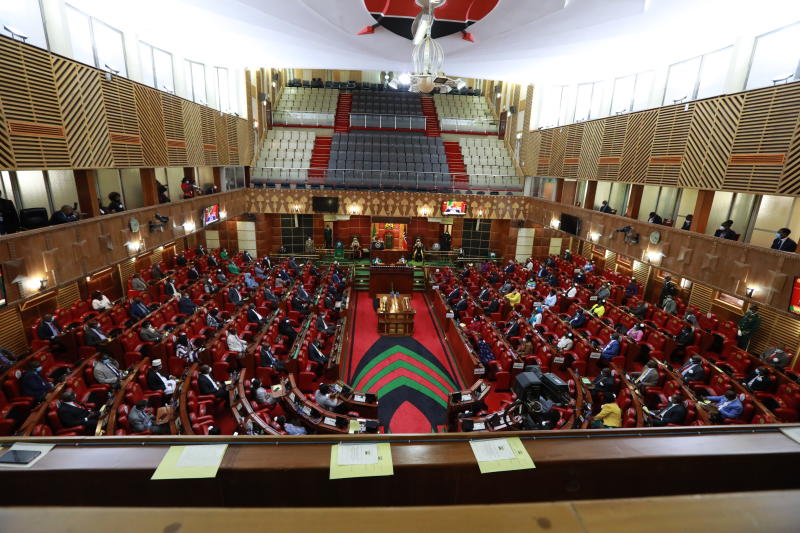Past joint parliamentary session in Nairobi [David Njaaga, Standard]
×
The Standard e-Paper
Kenya’s Boldest Voice

Past joint parliamentary session in Nairobi [David Njaaga, Standard]
MPs have yielded to public pressure and shot down many proposals by National Treasury that would have seen a further rise in the cost of living.